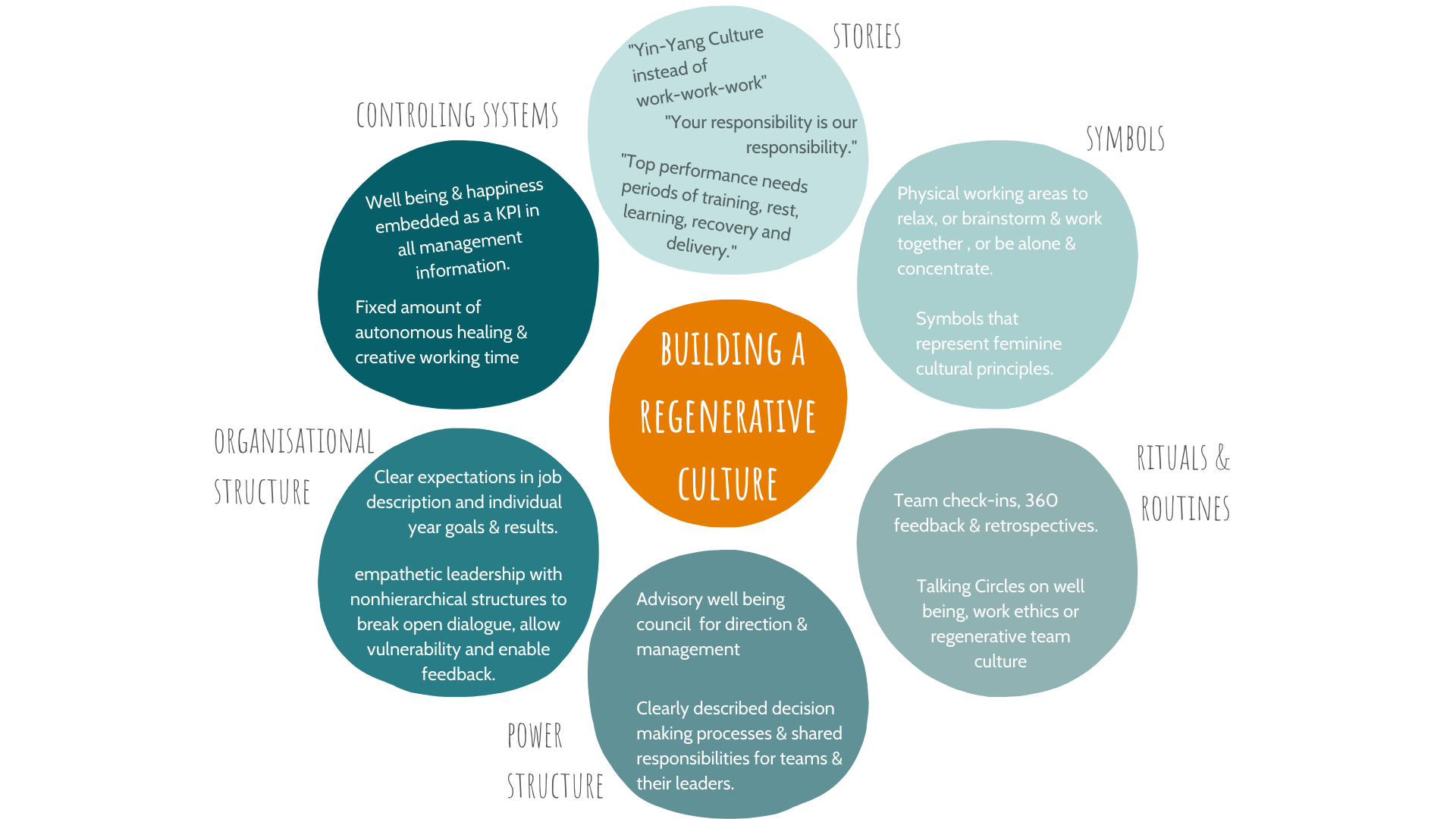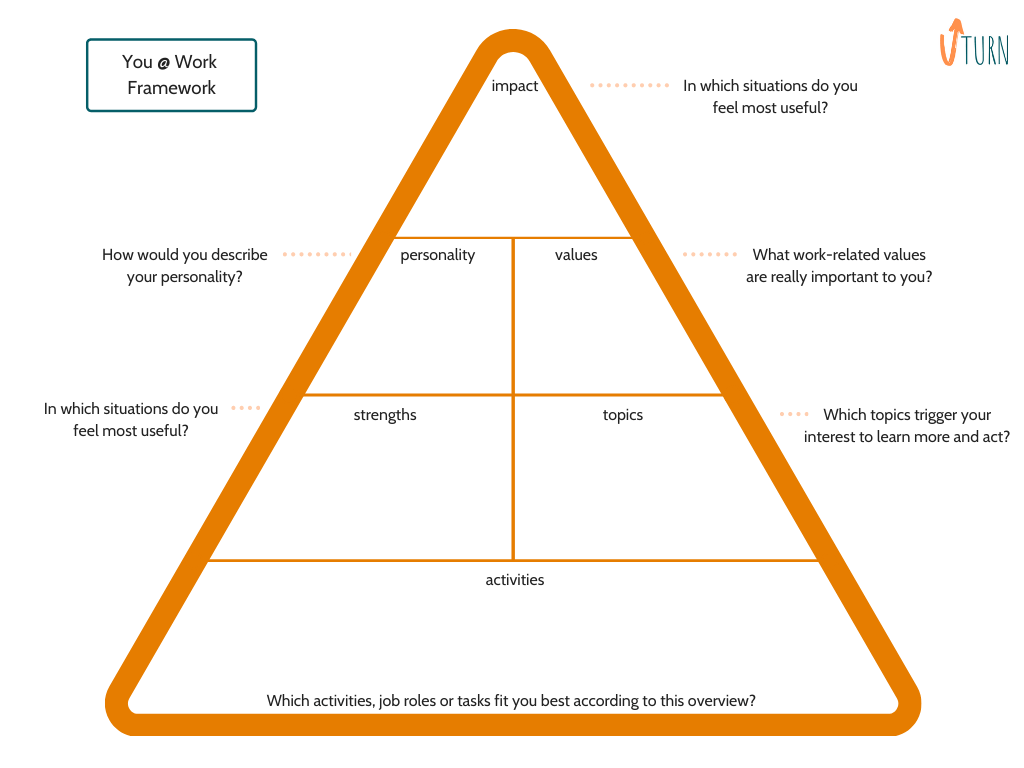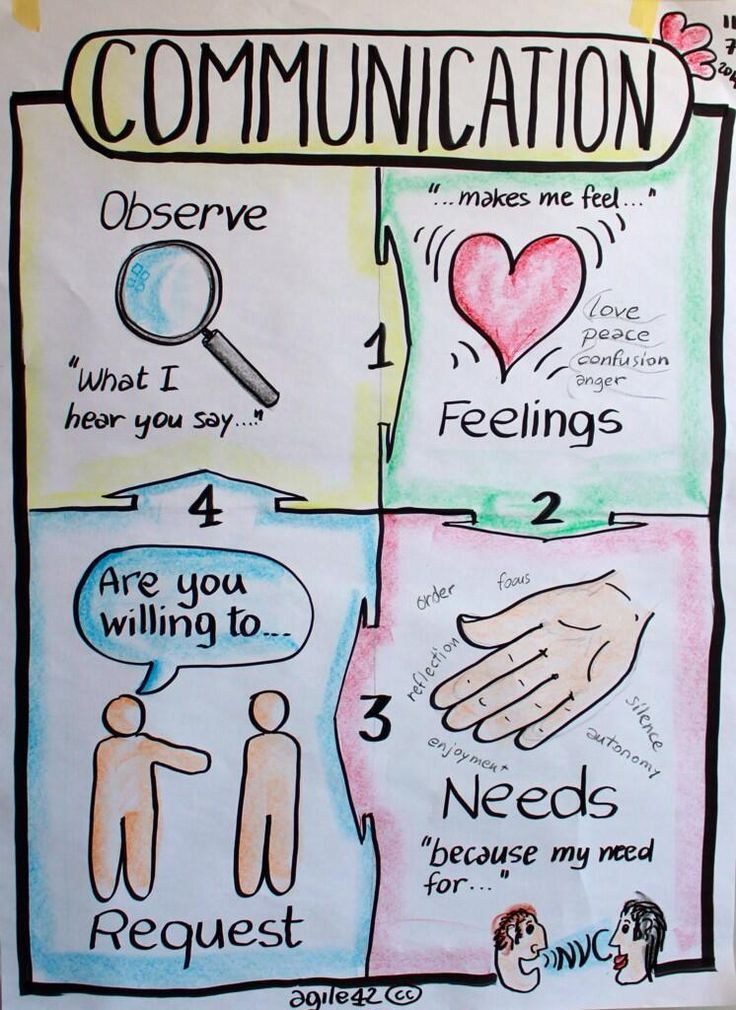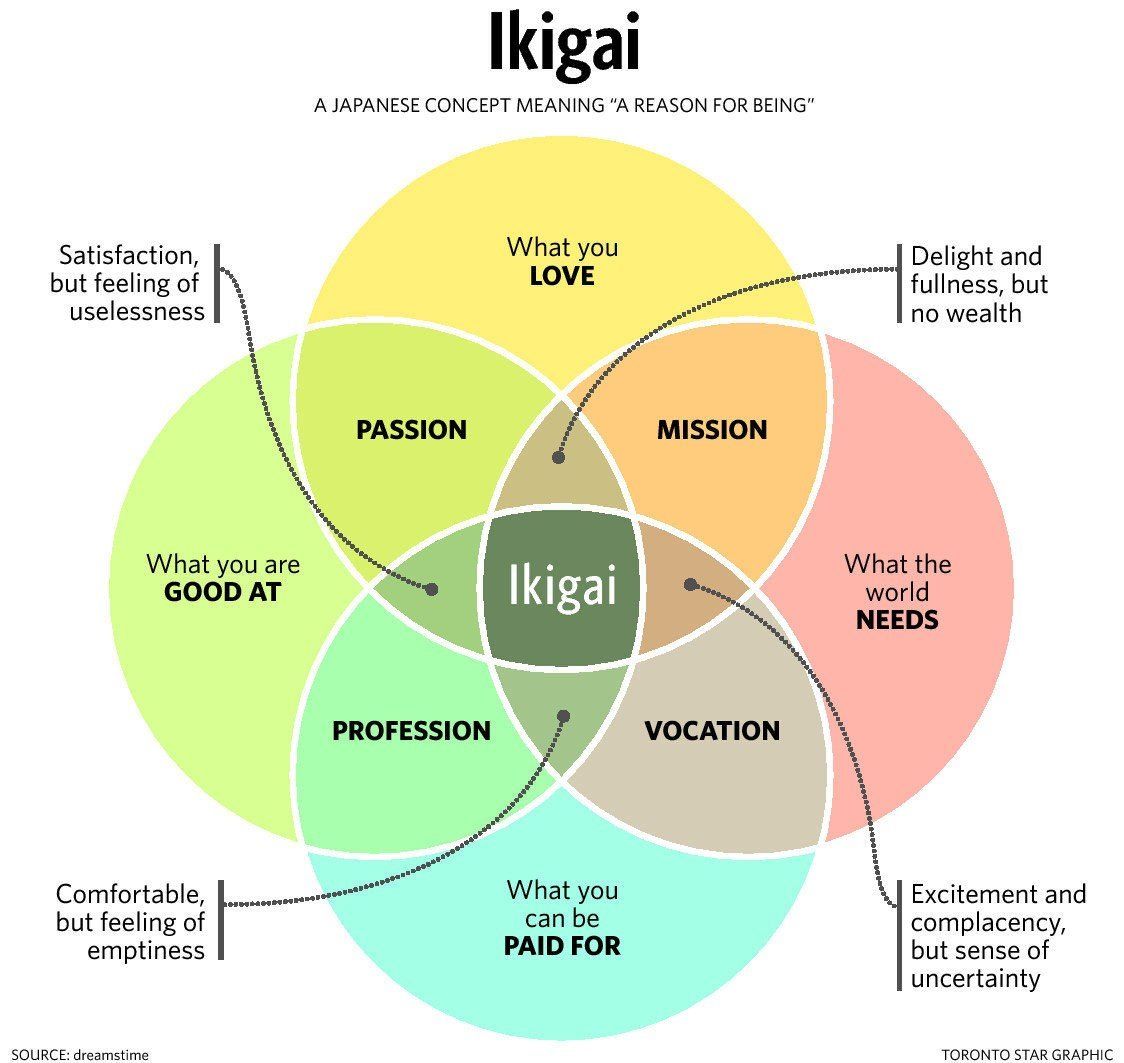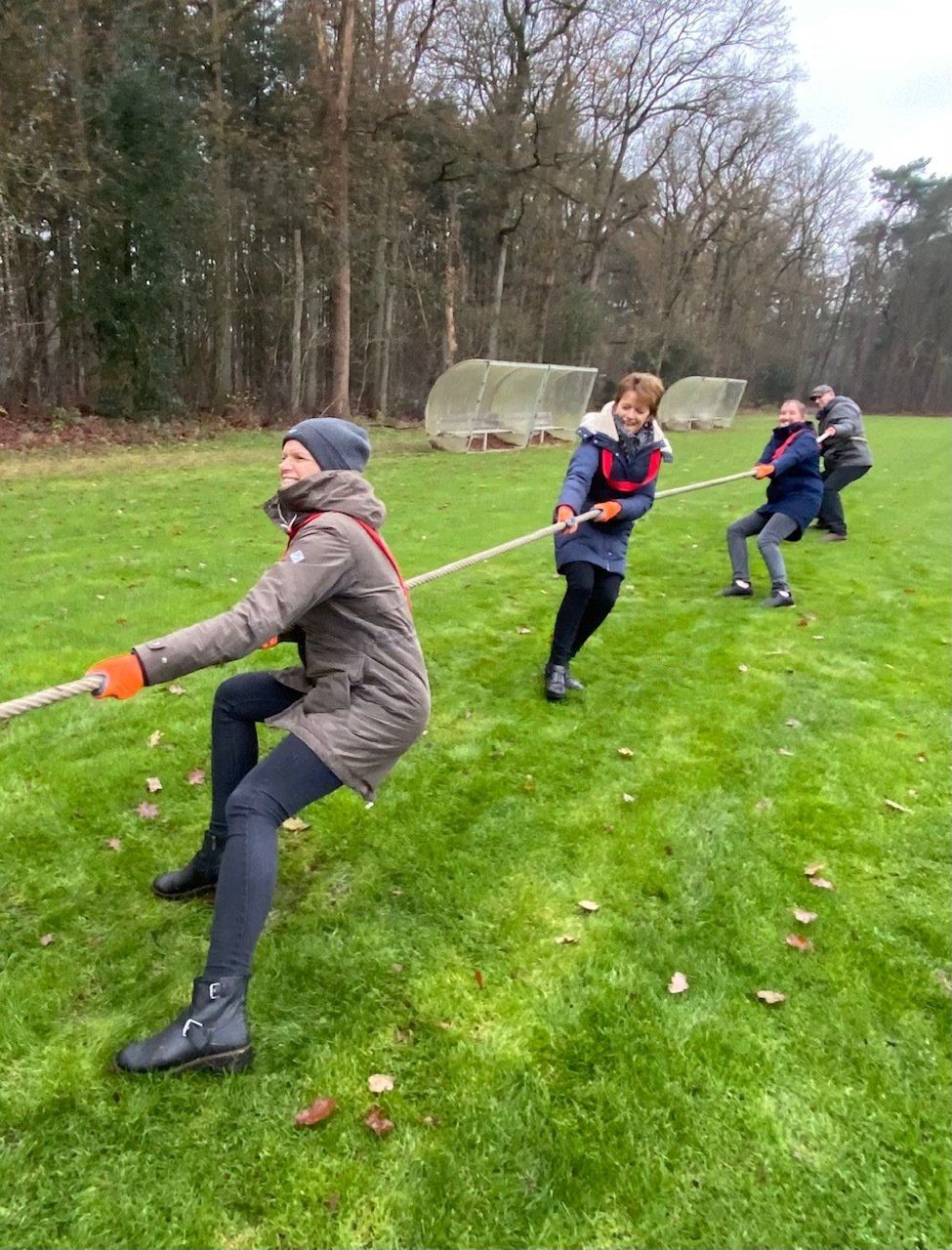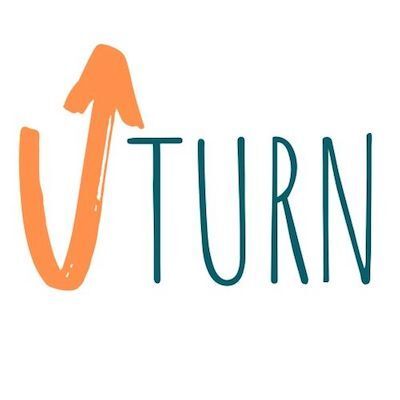how to prevent a burnout
Burnout is not an individual problem. It is a collective & systemic problem. It's not up to you to change yourself, but we need to change the environment you work and live in. And in that nurturing environment, there are ways for you to honour your own energy and priorities.
I will give you a guideline.
First I will start sharing the way to develop an environment where burnouts will be less likely to exist. A way for organisations to start building a regenerative organisational culture. After, I will share what you can do for yourself. Click the button to go there directly.
burnout prevention you can start today
burnout prevention is building a regenerative culture
Dear organisation,
Here is a letter for you. Read it as a guideline to transform your organisational culture and prevent burnouts for your staff. Such a transformation often requires a movement from a high performance culture into a regenerative culture. From a reactive problem solving culture into a preventive and nurturing culture. Where we focus as much on the inner world as on the outer world of the organisation.
I created a
Cultural Web below to give an example of changes you can incorporate on different cultural levels.
It requires you to change the ruling stories, famous symbols and rituals & routines that guide people into a burnout. You will have to rethink your organisational structure, your power structures and controling systems, to foster a culture in which vulnerability, recovery, transparancy and support are valued, next to performance, quality, client satisfaction and so on. Here a some major pointers:
1 - Dare to Set Clear Expectations
Many organisations I encounter have a hard time describing people's jobs. Job titles, yes. Job descriptions, maybe. Clear expectations and agreed results, no. There is also some sort of allergy on the words like performance indicators, performance results, deliverables and so on. But the words themselves are an attempt to create clarity and transparancy on the question: "What do we expect you to do?" And with 'we' I mean as much the employee as the team and as much the team lead or manager.
Then the question is how much, how well, how long, how elaborate? If we don't set that baseline for everyone's job and people don't have clear expectations on when they do a good job, they will invent it themselves. And here lies the risk: because people tend to see every task of their work as important and urgent.
people tend to see every task of their work as important and urgent
many people with burnouts didn't see them coming
but the people around them did.
4 - Give Autonomous Space for Healing (next to creativity)
Considering that it is already a praised and admired habit to give employees a set of creative hours per week to autonomously work on their own projects, I'd like to advocate a similar system for healing.
Healing goes beyond recovery. One of the biggest pitfalls is to recover from a burnout. You shouldn't recover from it, don't get better without learning from it in depth. Healing means profoundly meeting yourself, your shadows and demons, and solving the pain that got you there in the first place.
Enabling people to create healing routines at work, in which they can apply whatever they learn with their gurus, therapists, healers or yogis, is a way of strengthening the story that top performance can only come in a balance with healing. The Ying and Yan story. Help them create regenerative rituals.
one of the biggest pitfalls is to recover from a burnout
burnout prevention you can start today
If you are reading this, chances are you will not get a burnout. Most people that are keen on preventing them from reaching burnout, will not get there because they are so keen on not getting it :)
Perhaps you have experienced it in the past or you have heard stories about it. Good for you that you are willing to learn, you want to read the signs and keep yourself energised. Here are some easy pointers:
- Make sure you know what is expected from you.
People with burnout tend to do too much, too precise work and think what they have achieved is never enough. You tend to create your own standards on what is 'good', which are often way too high and advanced. Go back to your chief, team lead, client or customer to check what they are actually expecting from you. Specify this as much as possible with clear outcomes, described products or measurable indicators so you know when your job is done.
- Agree on routine evaluations. In order to prevent yourself from crossing your own boundaries without knowing, set review milestones in which you evaluate progress, receive feedback, explore what can be done less or more and re-establish expectations. Do this together with your supervisor/client/customer in a regular interval with a maximum span of 2/3 months (but can also be biweekly).
- Ask feedback on a weekly basis.
Especially in the beginning of a job it can help to have regular input on your work. Feedback also helps break down blind spots you have about yourself. My experience is that people that have burnouts tend to be strongly self-critical and high demanding, feedback helps to bring nuance in all the things you think you should be doing.
- Ask for help. Don't try solving every issue by yourself. You are not the only person responsible. Read
this free tool if asking help is something you have trouble with.
- Say no. The world has limits. Also your work, your responsibilities and your capabilities. Here are some tips on
how to say no.
- Be unproductive. There isn't an athlete in the world that is performing more than 8 hours a day every day of the week. It's unthinkable. If you want to do a good job and deliver what is expected, you need time to rest, to recover, to unwind, to focus your attention on your body, your heart, your joy , passion and playfulness. Be unproductive. At least 1 hour per day.
- Manage your energy resources. The people you love, the games you like to play, the food you crave or your favourite book. Make a list of all the things that give you energy and give them daily or weekly time and space. If you feel you need to check if your work is energising enough, check this tool on
how to energise your tasks. Also make sure your loved ones are in the top 5. For as much as family might be a stressor or you sometimes need to invest in relationships, they pay back tenfold.

